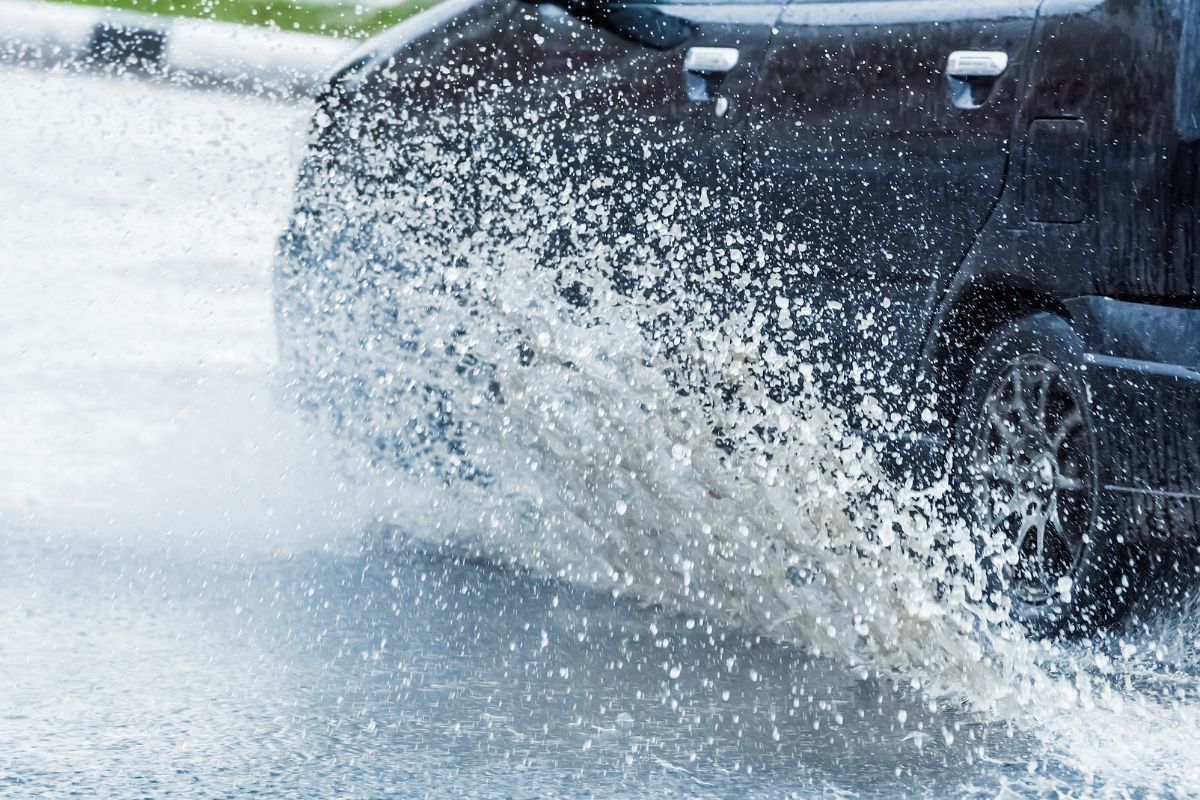Stay Safe on Wet Roads: Rainy Day Driving Tips for Charlotte County Drivers

Living in Florida means getting used to sunshine, heat—and a lot of rain. In Charlotte County, sudden downpours and afternoon thunderstorms are part of life, especially during the summer months. While we may be used to wet weather, rain is still one of the leading contributors to car accidents in the state.
At GTS Law Firm, we’ve represented countless clients injured in crashes caused by slippery roads, low visibility, and poor judgment during rainstorms. Here's how you can reduce your risk and stay safe behind the wheel when the skies open up.
1. Slow Down and Keep Your Distance
It sounds simple, but slowing down is one of the most effective ways to avoid a collision in the rain. Wet roads reduce tire traction, making it easier to hydroplane or lose control. Give yourself extra space between vehicles—at least a car length for every 10 mph—and brake earlier than usual.
GTS tip: Tamiami Trail and Kings Highway can get especially slick during heavy rainfall. Use extra caution and avoid tailgating in high-traffic areas.
2. Turn Your Lights On (But Not Your High Beams)
In Florida, it's the law: if your windshield wipers are on, your headlights must be too. This helps you stay visible to other drivers. However, avoid using your high beams—bright light reflects off wet surfaces and can actually make visibility worse.
3. Avoid Cruise Control
Cruise control may feel convenient on long drives, but it can be dangerous in wet weather. If you hydroplane while cruise control is on, you could lose control of your vehicle faster than you can react. Stay engaged and keep your foot on the pedal.
4. Watch for Standing Water and Flooded Areas
Flooded intersections are common in Charlotte County, especially after strong summer storms. Driving through standing water can stall your car, damage your engine, or even cause you to lose traction and slide off the road.
GTS tip: If the water looks deep, turn around. It’s not worth the risk.
5. Check Your Tires and Wipers Regularly
Worn tires and old windshield wipers can turn a mild drizzle into a serious hazard. Make it a habit to check your tire tread and replace wiper blades every 6–12 months—especially before hurricane season ramps up.
6. Don’t Drive Distracted—Ever
In any weather, distracted driving is dangerous. In the rain, it can be deadly. Keep your phone out of reach, focus on the road, and avoid multitasking while driving.
Injured in a Rain-Related Accident in Charlotte County?
If you've been involved in an accident during rainy conditions, you’re not alone—and you may be entitled to compensation. Determining fault in weather-related accidents can be complex, especially if another driver failed to take proper precautions.
Let the experienced legal team at GTS Law Firm help. We understand Florida law, Charlotte County roads, and how to build a case that gets results.
📞 Contact us today for a free consultation. (941) 625-6666
Share This Post:






